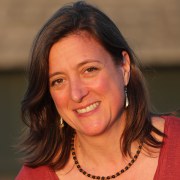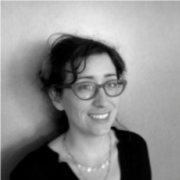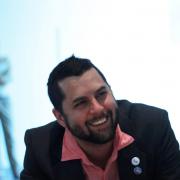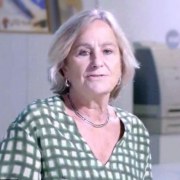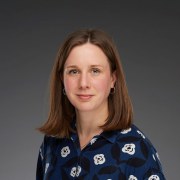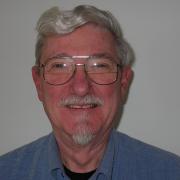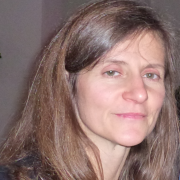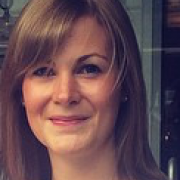Cooperating with communities for mutual benefit
How widely do science centres and museums open their doors? Do we always maximise opportunities to connect with our local communities (general public and professionals)? These collaborations can widen our audiences but also enrich the expertise and experiences on which we build our programmes, as we work WITH new communities and not just FOR them.
The workshop's first session will convey the vast array of different community groups which science centers and museums connect with. In a two-way dialogue with session participants we will generate a picture of the type of communities we could work with and the range of collaborations we could foster. Widely different projects will be presented with their limitations and challenges. We will then discuss evaluation results and the benefits for both parties.
In the afternoon, we will explore the power of creativity to connect with diverse communities and attendees will be invited to identify specific opportunities for their own institutions. Finally the theme will lead us to reflect on our role within our local social fabric, and society as a whole, and on how we conduct our mission.
The idea of this pre-conference is to look beyond specific communities to collect general take-home messages, advice and how-to. The workshop is designed to encourage active involvement from all participants. Come and share your own experiences and thoughts.
A detailed programme is available here.
Warning about the Museum im Palais venue: coffee breaks will be served at your workshop venue, but for lunch you'll need to move to the Joanneum Quarter, a few minutes away by foot.
Facilitator
Science communication and patient involvement manager
BRIO (Bordeaux Recherche Intégrée Oncologie)
Session speakers
Cultural Technology Consultant
How do we identify, reach out to, and collaborate with creative communities to change the way we think about our institutions? We'll look at the example of the Met's MediaLab, and also other models for connecting cultural heritage, science, and technology in creative ways. (Don Undeen used to be the manager of the Metropolitan Museum's MediaLab)
In Neanderthal Museum we start to work together with NGOs to ask refugees to give guided tours through the exhibition on human evolution, to compare their own migration routes with those of our ancestors. The idea is to make our visitors aware of the fact that we are all descendants of migrants but also to strengthen the self-esteem of the refugees as we are making them heard. The presentation is about our experiences in cooperating with a community we had absolutely no relation with before.
The area near the Museum offers an opportunity to carry out joint projects with associations and educational networks. The Museu Blau was the first public cultural facility in its district. Initiatives have allowed connecting with the nearest residents who have made the facility their own, as a museum, but also as a public space. The Proximity Project progresses through discussions with all of the interested parties such as neighbourhood associations, schools, NGOs, social agents, etc.
"Science Conscience" with different profile target communities like Down syndrome people, Alzheimer disease patients, heart disease patients and so on, using science spreading to empower people, enrich communities, work successfully with the disease etc...
Audience Research Manager
Who benefits when museums cooperate with communities? The Science Museum in London has worked with diverse communities and evaluated the process to try to understand the mutual benefits of these ways of working. What do the participants get out of it and how do museum staff feel? Are we benefiting only the relatively small number of participants or the millions of visitors who visit our galleries and exhibitions?
Informal Learning Experiences
Libraries are well-used community resources increasingly focusing on bringing together diverse populations. They seek experiences & expertise in relevant science; so cooperation with science museums looking to expand their audiences is rapidly increasing. We will explore the strategies in use by science museums as they develop cooperative programs with libraries. The value of these for museum is both expanding their audience and providing opportunities to take their activities to new locations.
In November 2015, a Museomix experience is organised at the Cité des sciences on the offer dedicated to children. The presentation will share this creative experience co-created by the science centre and a community build around the project which brings in the centre a variety of people (makers, designers, scientists, users…). The place becomes a playground over 3 days to co-work, imagine new ways of mediation and realize prototypes immediately tested by the visitors.
The Science Museum has many years experience collaborating with diverse audiences. How do we identify which communities, groups and individuals to collaborate with? What opportunities and challenges do different types of groups bring and how can we develop projects which most successfully tap into their potential? The Information Age project will be used as an example to highlight the vast range of people - from hobbyists to youth groups and visitors with disabilities - who can enrich a museum display through participation.

